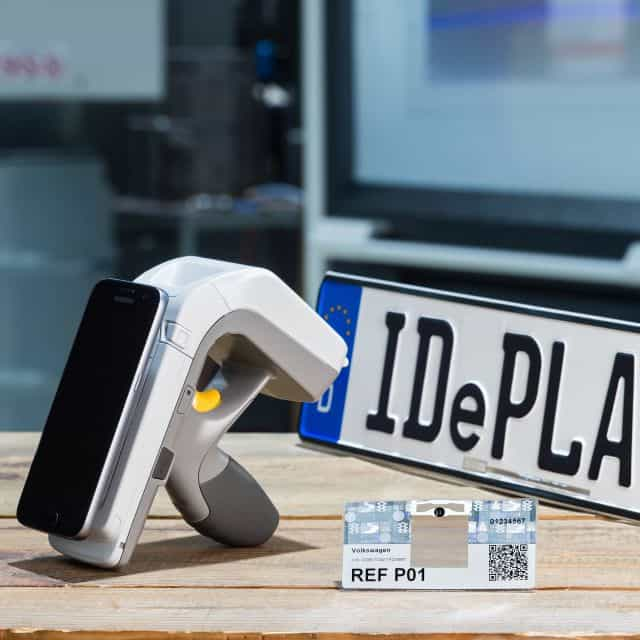Transport Ministry To Add Even More Speed Traps And Upgrade Cameras To Detect E-Plates
Part of a heightened effort to reduce speeding-related accidents.
In a bid to reduce the risk of accidents, Malaysia's Ministry of Transport has plans to install more speed traps in new regions
During a Dewan Rakyat session held on 1 November, the ministry's Deputy Minister Datuk Hasbi Habibollah announced that more Automated Awareness Safety System (AWAS) cameras would be deployed in new locations around the country, with a focus on accident-prone areas.
Hasbi revealed that according to a study by the Malaysian Institute of Road Safety Research (MIROS), there was a higher level of compliance by drivers in areas where AWAS cameras had been deployed, with a 99% compliance rate recorded at such locations.
Currently, there are 45 AWAS cameras installed around the country.
Additionally, the Deputy Minister also revealed plans to possibly equip these new cameras with the ability to detect digital licence plates
Digital registration plates (also known as e-plates), use radio frequency identification (RFID) tagging and allow for the instant retrieval of data such as the vehicle's owner, insurance and tax details, as well as geographical history.
According to a report by The Star, Malaysia is among the 5% of countries in the world that have not implemented RFID digital car plate systems. However, this could change considerably in the near future.
Transport Minister Anthony Loke had said the digital registration plate system, if introduced, would not be compulsory for road users due to the costs required to install it.
Still, the ministry is currently mulling the idea of retrofitting existing speed cameras with the ability to detect e-plates. One major benefit of widespread e-plate adoption would be increased efficiency during roadblocks or individual traffic checks.
